A few days ago, our friend Jo Weber celebrated his 90th birthday, and we would like to pay tribute to him!

Josef Weber was born in Alsace on 28 February 1934. He grew up in Lingolsheim, a small town near Strasbourg.
Jo played a key role in shaping the International JOC, as an activist at local level, as full-time coordinator of the French YCW, and later as European Secretary and International Treasurer. He was a close collaborator of Josef Cardijn, and after the death of the latter, he initiated the International Cardijn Foundation (ICF), the forerunner organization of today's International Cardijn Association (ICA).
Jo Weber was the main organizer of the European Rally to Strasbourg in the summer of 1964, which brought together 25,000 young workers from all over the continent and was a powerful demonstration of organized working-class youth in Europe. The congress with 300 delegates presented to the Council of Europe the “Working Youth Manifesto” and drew public attention to the situation of young workers in Europe.
In the 1960s, Jo was a key player in the implementation of a youth policy in a Europe in the process of integration following the Second World War (creation of the Council of Europe and the European Union). This is how the co-managed youth structures we know today came into being: the European Youth Foundation, two European Youth Meeting and Training Centers in Strasbourg and Budapest, and the EU's youth representation structure, the European Youth Forum. Through his action, Jo made a major contribution to European youth finding its place in institutional and political Europe after the Second World War. And he gave a strong voice to the YCW and the young workers of Europe.

As a movement, we can be proud to count among our ranks such a pioneer and witness to our times.
Looking back on his life, Jo has the following words for the young people in the JOC:
"I assure you that, since my youth in the YCW, I have been able to fight and live a life that has enabled me to share and develop what has helped me find my way in this world:
A citizen who loves life, a responsible man who has always worked for a society of justice and solidarity, so that all men and women can live in dignity and as collectively as possible.
I owe all of this to my voluntary commitment, but also to continuing education, largely as a young activist, trained by the YCW via the Centre de Culture Ouvrière (Center for Workers' Culture). This continued at the YCW's school of life as a "long-term collaborator" from 1958 to 1970. This enabled me to contribute my experience at various levels - national, European and international."
Milestones in Jo Weber's life
1951 - Apprenticeship at age 17 at “La Librairie de l'École Nationale Professionnelle” in Metz
1953 - Workshop accountant at the Grand Garage Renault in Metz, creation of the first union section (CFTC)
1955 to 1957 - 30 months' military service, including 24 months in Algeria
1957 to 1958 - Accountant at AGRICOLA-France
1958 to 1970 - First as a fulltimer of the French YCW in Paris and Eastern France
1962 - Marriage to Denise Meyer in Mulhouse
1962 to 1965 - European YCW secretary
1965 to 1969 - International YCW treasurer
1970 to 1978 - Fulltime employee of the Association Populaire Familiale: Creation of the CCA (Chambre de Consommation d'Alsace)
1994 - Retirement and new voluntary activities: in social and trade union associations and federations in Alsace and France.
To this day, Jo maintains a lively exchange with today's YCW, in particular with members of the International Cardijn Association (ICA).


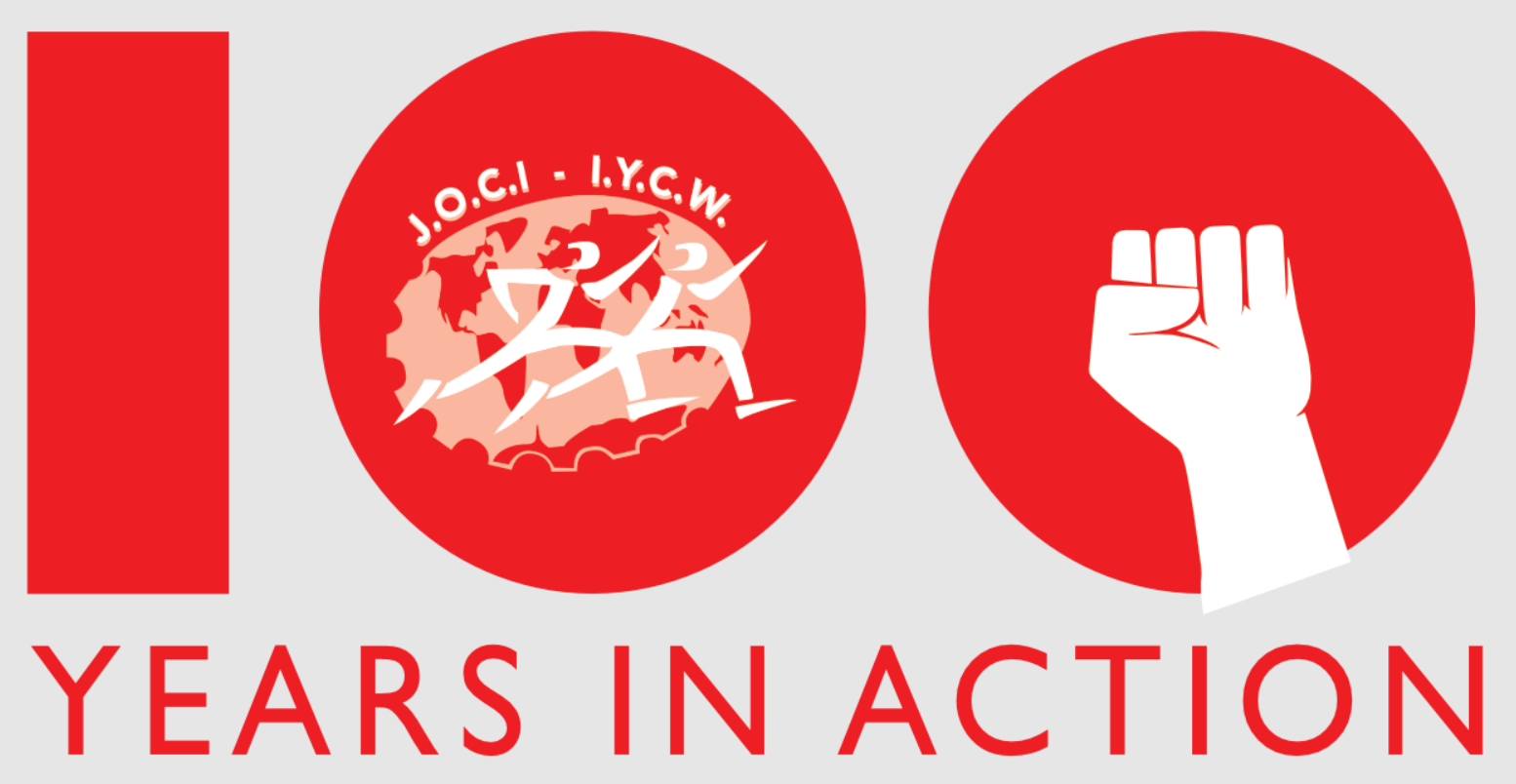
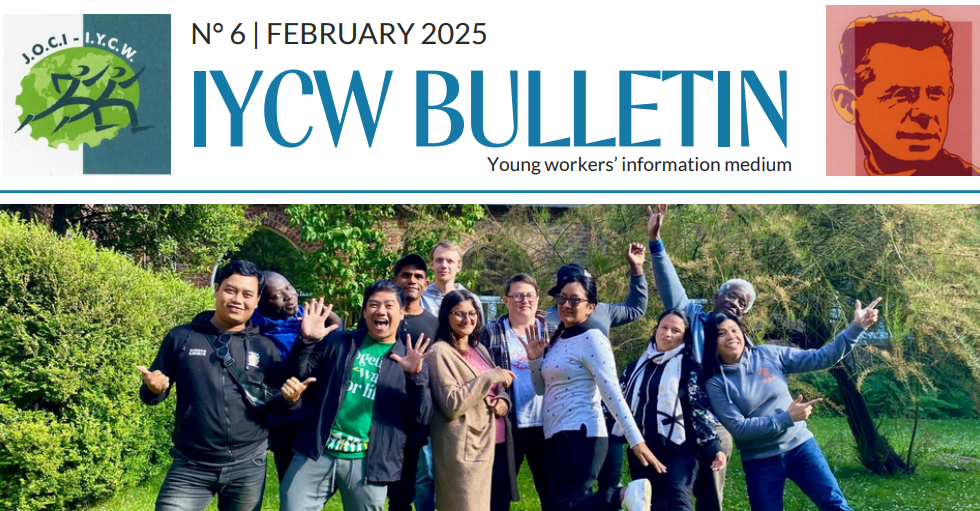
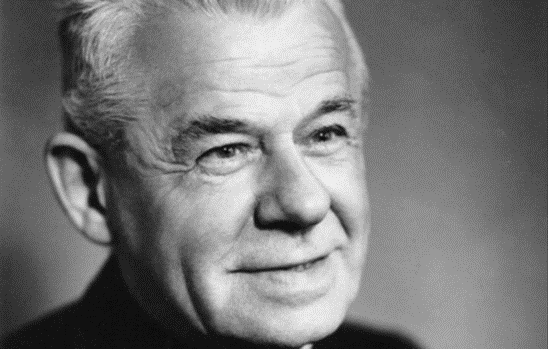
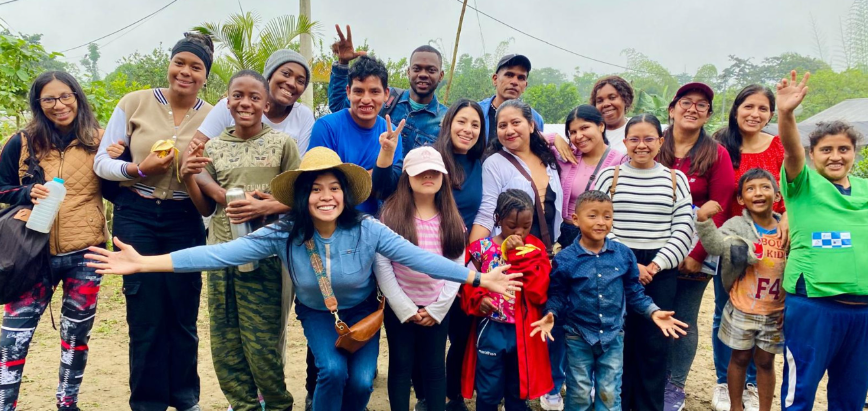
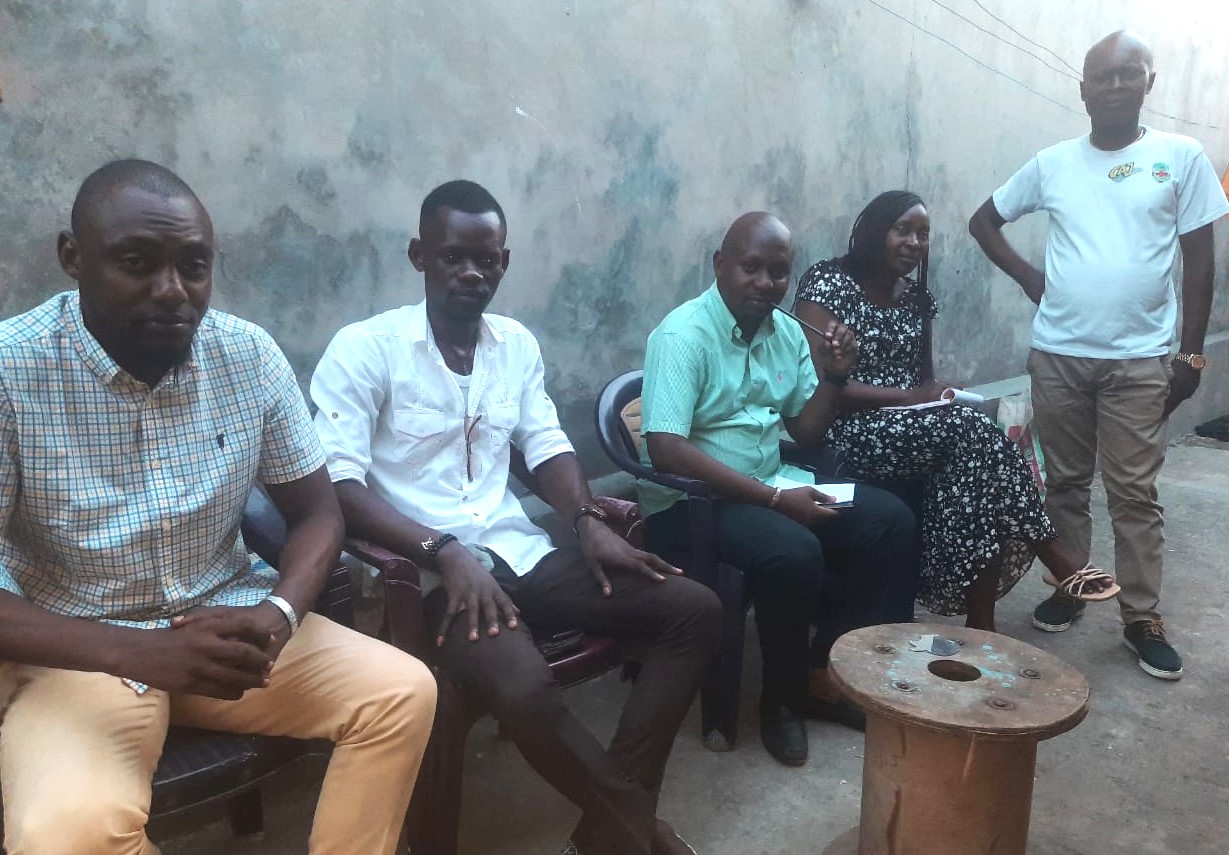

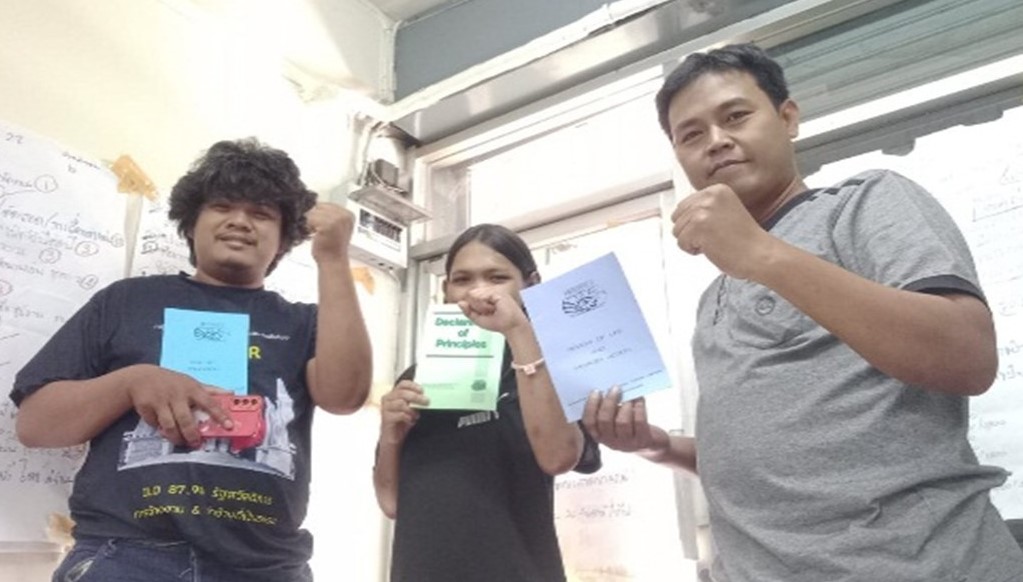
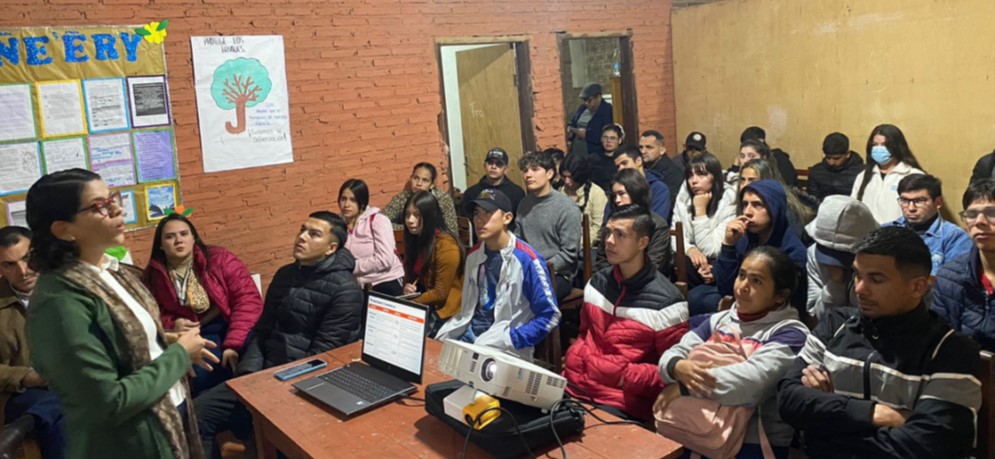
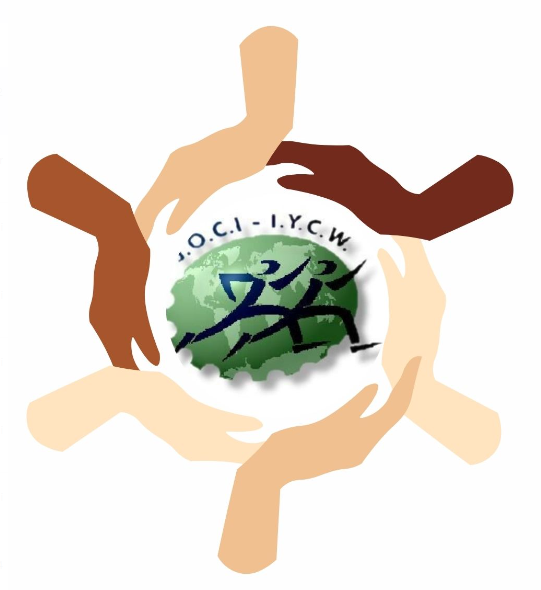

 English
English  Español
Español  Français
Français